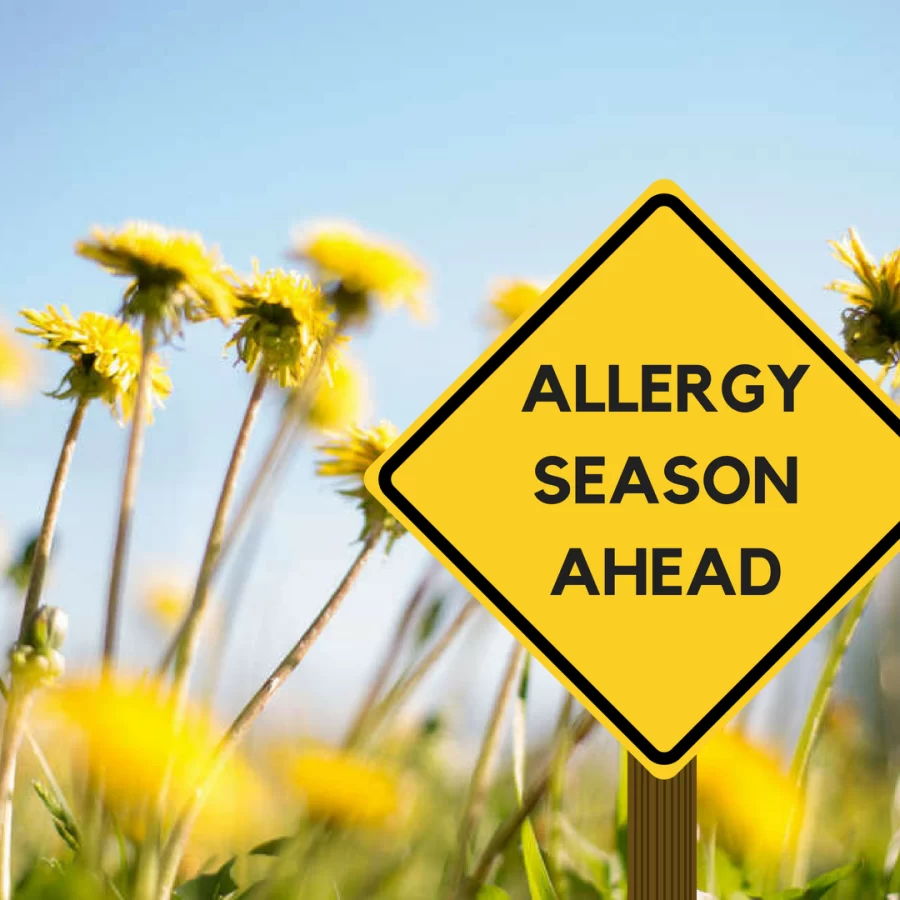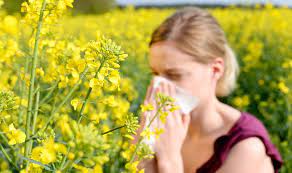Surviving Seasonal Allergies
May 11, 2022
“Why are my allergies so bad this year?” This is a question many individuals are asking themselves as they suffer from a runny nose, itchy eyes, and nasal congestion. But what makes this spring any different than last? This winter was relatively mild, which means a longer growing season for pollen-producing grasses and trees. A longer growing season means a higher pollen concentration, which unfortunately means worse allergies for everyone.
The reason for seasonal allergies, specifically in the spring, is pollen. The body’s immune system sees harmless pollen as a terrifying enemy and jumps into battle. The body releases histamines, a chemical that emits white blood cells to defend against allergens, trigger sneezes, itchy eyes, and runny nose. These reactions all attempt to remove pollen from the body.
Some people experience these frustrating allergies, whereas others can enjoy springtime peacefully. Certain individuals are more prone to allergies because of genes, lifestyles, and changes involved in moving from one place to another. Luckily, there are a few things you can implement into your life to lessen your symptoms. One habit is starting to take allergy medication early, such as twelve weeks before peak season. Medicating earlier can make a huge difference and keep sneezing at bay. Other prevention techniques are avoiding pollen, using an air filter, discarding items in the bedroom that attract dust, and traveling smart by researching which allergens are common at your destination.
If seasonal allergies become extremely bothersome, doctors recommend seeing an allergist. Being proactive in managing allergy symptoms is the best way to minimize them. If over-the-counter options aren’t helping and symptoms last more than seven to ten days, a different allergy or virus could be the issue. If you experience coughing, shortness of breath, wheezing, or pain and pressure in the chest, asthma could be another factor.
Seasonal allergies show themselves in plenty of different ways, irritating and distracting from the beauty of spring plants and flowers. Taking certain precautions can help make spring more enjoyable without worrying about all the pesky pollen. Know that you are not suffering alone as, in 2018, roughly twenty-four million people in the United States were diagnosed with seasonal allergies!






